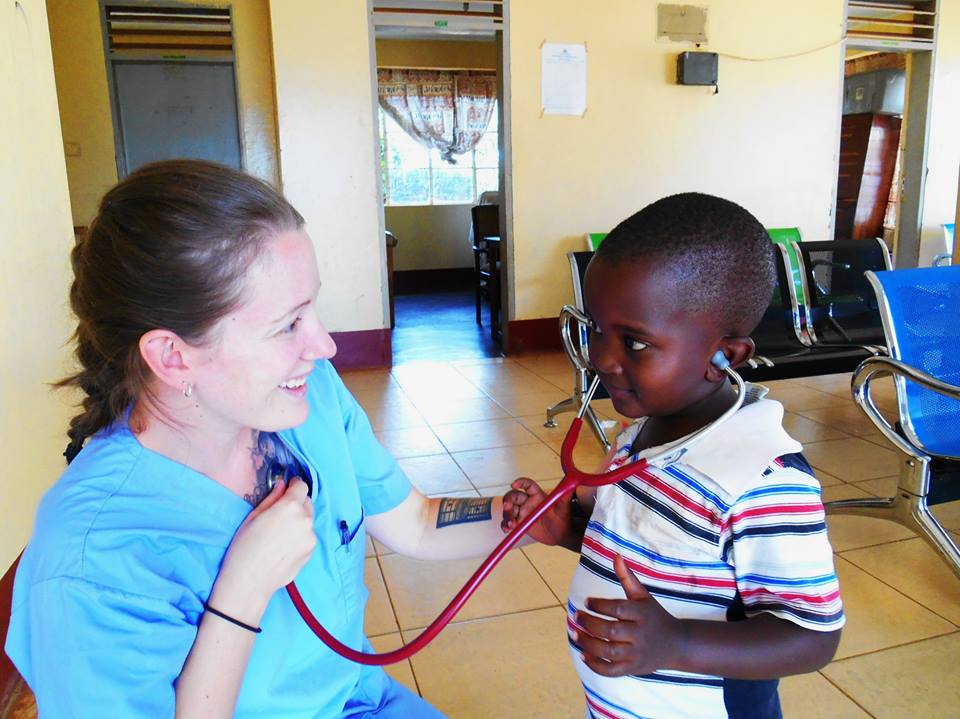VOLUNTOURISM: THE GOOD, THE BAD, AND THE UGLY

 BY EMMA BURKE – Social media posts during breaks from school are very predictable: a curation of study abroad videos, a smattering of beach photos, and a highlight reel of volunteer trips. Those who travel the globe to volunteer often post an entire photo shoot worth of images from far flung destinations such as Honduras, Ethiopia, and even Malaysia. It begs the question – how much can a group of college students change a community in less than twenty days? While these groups can offer important aid to these impoverished areas, there are many downsides to participating in voluntourism.
BY EMMA BURKE – Social media posts during breaks from school are very predictable: a curation of study abroad videos, a smattering of beach photos, and a highlight reel of volunteer trips. Those who travel the globe to volunteer often post an entire photo shoot worth of images from far flung destinations such as Honduras, Ethiopia, and even Malaysia. It begs the question – how much can a group of college students change a community in less than twenty days? While these groups can offer important aid to these impoverished areas, there are many downsides to participating in voluntourism.
Many pre-health students are lured into expensive volunteer trips because they believe it will help them stand out among thousands of other applicants. However, this defeats the purpose of the experience. Admissions committees want students who have experience working with different groups of people as well as those who are compassionate and altruistic. Voluntourists often cite a desire for fulfillment or self-improvement as a reason for participating in such a trip. Trips are often crafted with this in mind, commonly focusing on helping more desireable or marketing their work with orphanages. While these desires do not come from ill-intentions, they are selfish nonetheless. Completing a volunteer trip to have a flashy line on one’s resume benefits no one, save for the applicant.
Participants in international volunteer trips rave time and time again about the work they complete overseas. Frequently dubbed voluntourism, these forays abroad last only a few weeks and have been shown to have few lasting effects on communities in need. Companies that lead these vacations are often based in countries such as the United States, rather than the areas they claim to help. This can cause a disconnect with what locals’ desire, resulting in more harm than good. Additionally, providing communities with short-term benefits such as free clothes or temporary clinics can generate a dependency on these organizations, rather than training citizens to provide for themselves. These short-term fixes serve as band-aids rather than a cure.
Unlike organizations that feature long-term volunteer positions focused on developing underserved communities, the main goal of voluntourism companies is to turn a profit. However, money spent by groups while volunteering abroad can be a major source of revenue for a country. In Honduras, one-fourth of the country’s tourism revenue is made through voluntourism. This source of income can be especially important for a country that is trying to become a tourist destination but does not yet have the resources and infrastructure to do so.
While wanting to improve the lives of others is a noble cause, it is important to ask oneself why and how we can best accomplish such a task. Through working with agencies based in countries in need and ensuring the work we participate in has a long-term goal, we can transition from being tourists who happen to volunteer to simply volunteers.
